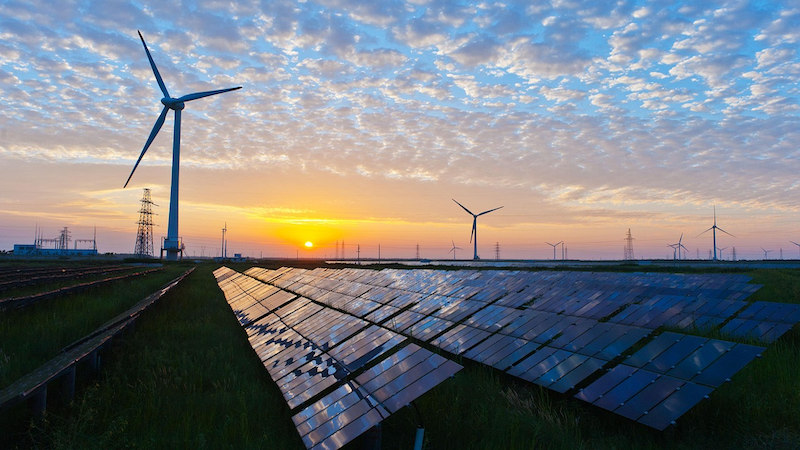Reliable Energy, Human Rights, Land Impacts, Air and Water Pollution, Lost Wildlife Ignored
This election year, several critical issues dominate voter concerns: illegal immigration, rising crime, and unprecedented prices for essentials like food, clothing, and housing.
Other pivotal concerns include parental roles in education and child welfare, and threats to democracy posed by unelected bureaucrats who use their powers to control lives and silence opposition.
Another crucial issue is control over energy – the lifeblood of our civilization, jobs, health, and prosperity.
Questions arise: Will America shut down coal, gas, and nuclear electricity generation before securing reliable replacements? Will we have electricity when we need it, or only when it’s available? And what will families pay for that electricity and other necessities?
We are told a significant energy transformation is necessary to avert a “climate crisis.” However, this crisis is often rooted in computer models and politicized science, rather than actual temperature and weather records.
In 2023, wind and solar power generated only 2.7% of the world’s primary energy, while 81.5% came from fossil fuels. Though North America and Europe have reduced fossil fuel consumption by nearly half since 1965, global emissions have risen as developing countries like China and India continue to utilize minimal pollution controls.
A shift to an all-electric economy with no fossil fuels could require millions of acres of land for wind turbines, solar panels, and other infrastructure, raising concerns about spontaneous battery fires and land impacts.
Moreover, it’s uncertain whether the planet has enough accessible metal and mineral deposits to manufacture all the required equipment for this transformation. The environmental and human rights impacts of mining for these materials are significant.
For instance, producing sufficient copper for President Biden’s offshore wind plan would involve extracting and processing nearly 25 million tons of ore. However, mining in the U.S. is heavily restricted, adding to the challenge.
Recent studies suggest mining companies may struggle to produce enough copper for electric vehicles and wind and solar power, let alone a full energy transformation.
A 2022 International Energy Agency (IEA) report highlights the immense demand for essential metals and minerals in energy transitions. It projects that by 2040, the demand for materials like aluminum, copper, and lithium could increase by 5 to 50 times current global requirements.
The IEA identifies several challenges, including finding producible deposits, managing pollution and waste, and ensuring worker safety and human rights.
The biggest wind energy project in the USA will soon cover 1,600 square miles of New Mexico to generate 3,500 MW about 30% of the year. In contrast, the Palo Verde nuclear plant in Arizona generates 4,200 MW from 6 square miles almost continuously.
A Bloomberg research team estimates that stopping global warming by 2050 will require at least $200 trillion, with some estimates reaching $275 trillion.
State and local governments need to enact laws requiring utilities to explain how they will generate replacement power before shutting down existing plants. They should also demand full details on the environmental and human rights costs of sourcing raw materials.
America’s jobs, health, and living standards depend on making informed, wise decisions in this regard.
Original Story at www.eurasiareview.com
